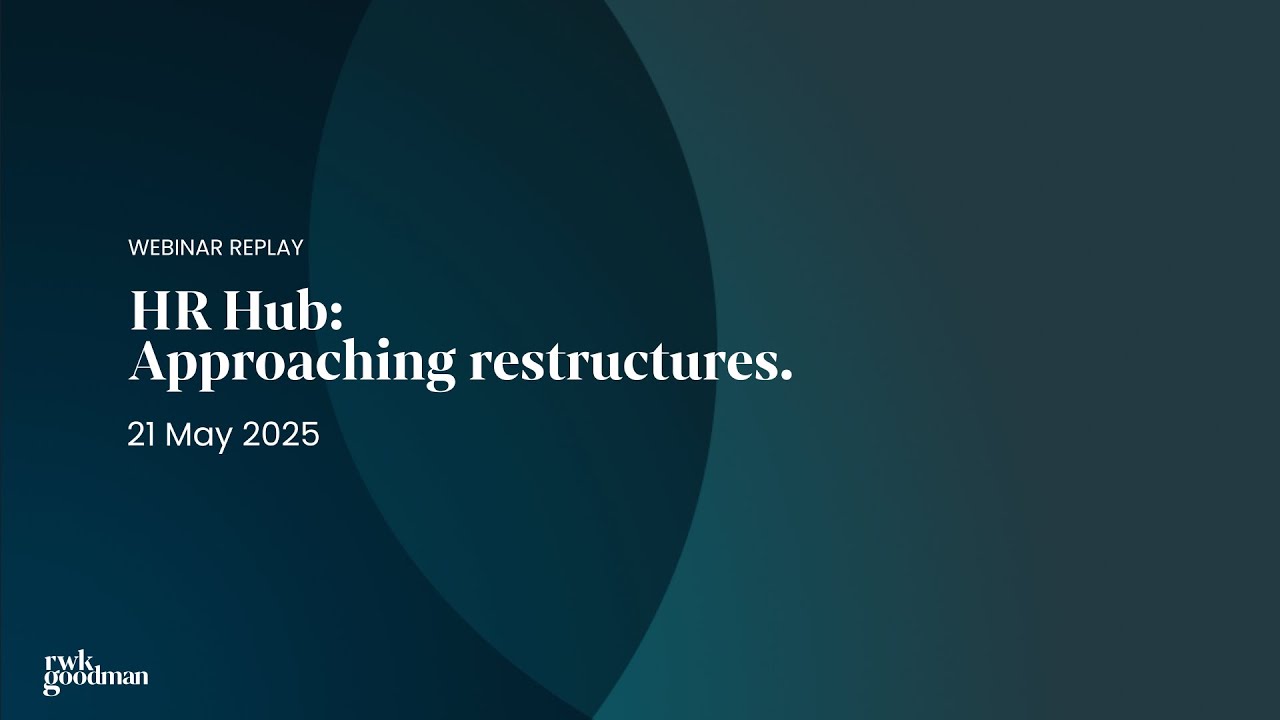Employee disciplinaries or grievances – how to ensure your internal investigation report is legally privileged

When taking legal advice on a disciplinary or grievance investigation, you will want to ensure that only the final version of your investigation report, which has been reviewed and approved by your legal advisor, is disclosable to the employee.
You will not want the employee to have access to the draft versions as they will not have been subject to a legal review, and the differences between the two versions could lead to adverse inferences being drawn against you, in any subsequent Employment Tribunal process.
To avoid disclosure to the employee (or to an Employment Tribunal) the report must be protected by legal professional privilege.
What is legal privilege?
There are two types of legal professional privilege:
- litigation privilege: protects communications between a solicitor and client for the purpose of obtaining advice in connection with litigation
- legal advice privilege: protects communications made for the purpose of receiving legal advice
The case: University of Dundee v Chakraborty
The recent case of University of Dundee v Chakraborty highlights the need for employers to take care when preparing internal investigation reports. In that case, the Employment Appeal Tribunal (EAT) held that legal privilege did not apply retrospectively to an original version of a grievance investigation report (that was not legally privileged when it was created) even though it was subsequently shared with an external legal advisor who amended the report and prepared a final version for sending to the employee.
Facts
Mr Chakraborty raised a formal grievance against his employer, the University of Dundee. However, by the time the University had finalised its grievance investigation report, Mr Chakraborty had issued claims in the Employment Tribunal for race discrimination and harassment.
Before the University sent the investigation report to Mr Chakraborty, it asked its external legal adviser to review the report. Some amendments were suggested, which the investigating officer accepted, made some further amendments, and forwarded the report to Mr Chakraborty. The first page of the revised report stated, "Note: This report was amended and reissued on 23.06.2022 following independent legal advice."
Mr Chakraborty requested that the University disclose the original version of the report. The University declined, saying the original report was protected by legal privilege.
Decision
The EAT agreed with Mr Chakraborty and ordered the University to disclose the original report to him.
In reaching its decision, the EAT said there was no reason why the original version of the report should attract legal privilege as it was created for internal purposes only and not for the purposes of obtaining legal advice or in respect of the litigation with Mr Chakraborty.
The University argued that privilege applied retrospectively to the first version of the report because legal advice was given on the second version of the report. The EAT disagreed and the first report had to be disclosed to Mr Chakraborty.
Top tips to ensure that your investigation reports are legally privileged:
- Involve your solicitor from an early stage so that the report is privileged from the point of creation. This will provide protection for draft versions of the report, which you will not want the employee to have access to.
- Ensure that the report remains confidential (a key requirement for legal privilege protection), by minimising the number of people it is shared with within your business.
- Remember that legal advice privilege only applies between a client and a legal professional, so your communications with external HR consultants or other advisers will not be protected.
- When preparing draft reports, mark them as ‘privileged for the purposes of obtaining legal advice’, to avoid doubt over the status of the document.
Contact James Sage or Chris Amys in our Employment & HR team










